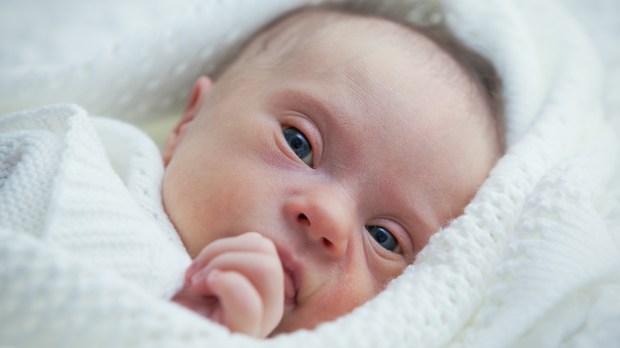“People shouldn’t be treated differently because of their disabilities.” That sentiment, expressed recently by a young woman with Down syndrome, is accepted across the board today. But in July, the question will be taken up by the High Court in London.
The court is hearing a challenge to the government of Great Britain over a law allowing abortion up to birth for Down syndrome.
Section 1(1)(d) of the Abortion Act 1967 permits termination of a pregnancy at any point, if “there is a substantial risk that if the child were born it would suffer from such physical or mental abnormalities as to be seriously handicapped.” According to Catholic News Agency, there were 3,183 abortions on the basis of disability recorded in England and Wales in 2019, and 656 of them followed a prenatal diagnosis of Down syndrome.
With the rise of prenatal screening techniques and their increasing use, some people are concerned that the law’s provision will be increasingly invoked. That’s why Heidi Crowter, a woman with Down syndrome, and Máire Lea-Wilson, a mother whose 23-month-old son has the condition, filed a petition challenging it.
The campaign group Don’t Screen Us Out said that Crowter and her team have raised more than $111,000 for the case through a crowdfunding website.
“The law says that babies shouldn’t be aborted up to birth, but if a baby is found to have Down syndrome, it can be aborted up until birth. This is the current law in the UK and I think it’s not fair,” said Crowter, 25. “People like me are considered to be ‘seriously handicapped,’ but I think using that phrase for a clause in abortion law is so out of date.”
She also said that the legal fight is important to her and her husband, James Carter, who also has Down syndrome, because they “want to show the world we have a good quality of life.”
Crowter pointed out that the United Nations Committee on the Rights of Persons with Disabilities recently stated that the U.K. should change its law “to make sure that people like me aren’t singled out because of our disabilities.”
Since the government has not taken such action, members of the Down syndrome community “set out to get rid of the clause in the law,” Crowter said. “I hope we win. People shouldn’t be treated differently because of their disabilities. It’s downright discrimination.”
Lea-Wilson, 32, said that she was involved in the lawsuit because the law does not value her two sons, one of whom has Down syndrome, equally. Since she joined the case, she said it has become increasingly clear to her that Section 1(1)(d) of the Abortion Act, which differentiates the time limit for abortion, “sets the tone for discrimination” against people with Down.
Lea-Wilson said that she was offered the option to abort her son three times after Aidan was diagnosed with the genetic condition. She refused, and he was born just two weeks after his diagnosis.



